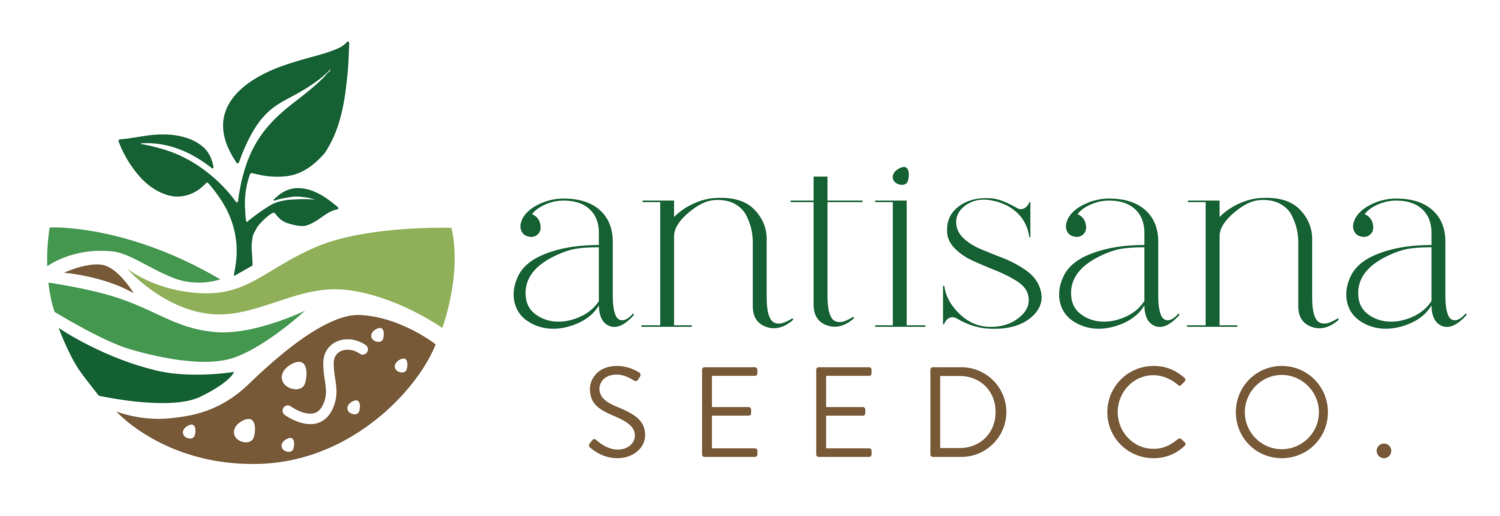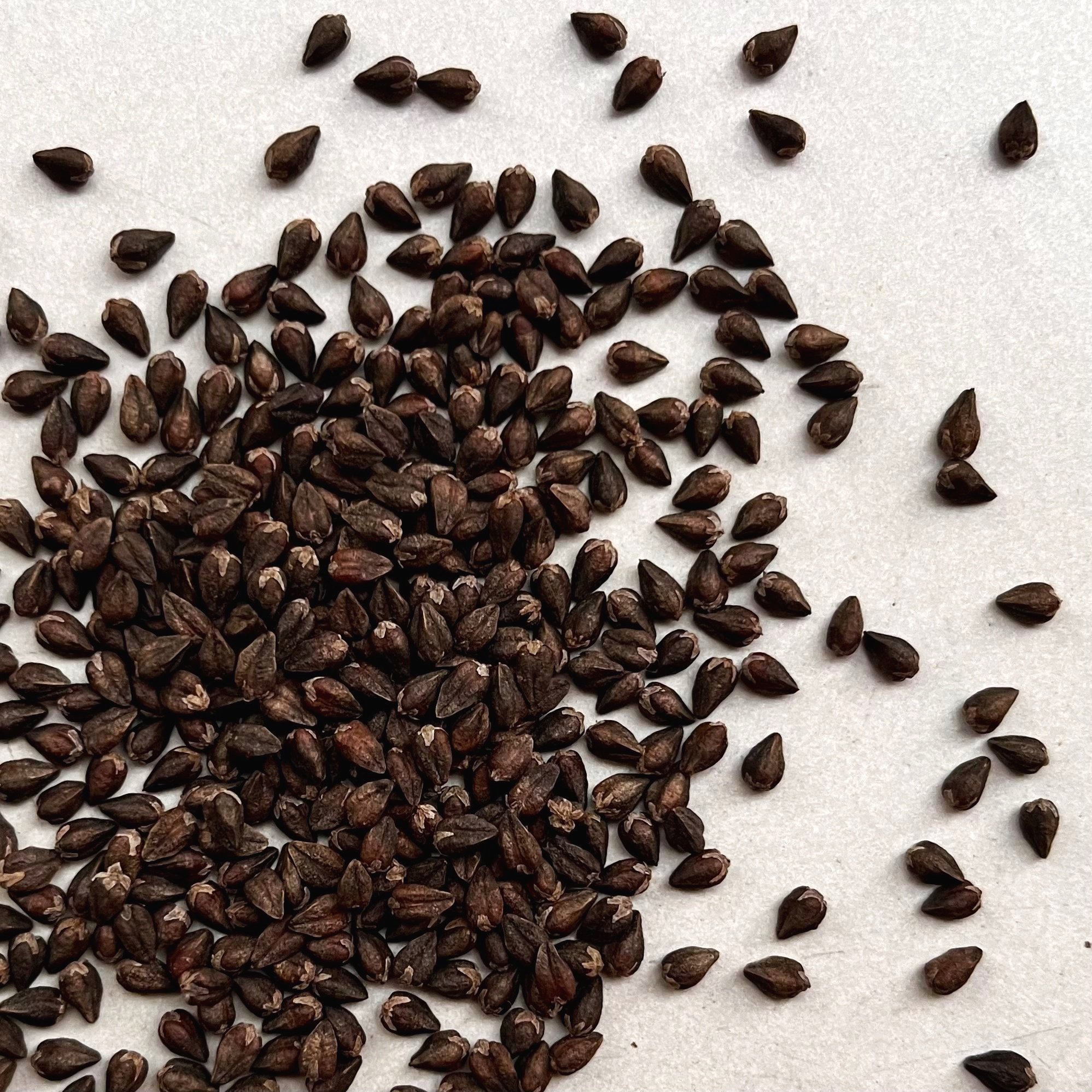 Image 1 of 1
Image 1 of 1


Wheat, Einkorn (Farro Piccolo)
Product Description: (Triticum monococcum) Einkorn is the reason you’re reading this sentence. No, really, it is! This ancient wheat (a domesticated goatgrass, to be precise) was the first food crop ever grown by humanity, singlehandedly launching our species into agriculture nearly 12,000 years ago.
At this time, Ice Age glaciers still dominated much of the planet’s landscape, cities did not yet exist, and artwork was largely confined to cave walls.
Today, einkorn is prized for its light, nutty flavor, impressive nutritional profile, and highly digestible gluten. It is also the smallest of the ancient grains to fall under the traditional Italian “farro” classification, accompanied only by its early successors: emmer (farro medio) and spelt (farro grande).
We love it for another reason too; the traditional rules of baking don’t quite apply when you’re using einkorn flour. There’s no kneading. No stretching or folding. No hours-long proofing. This delightful old goatgrass pulls every baker back to the very basics — to make bread simply for the sake of bread. Open-pollinated. Awned. 100 seeds per packet.
Growing Information: For the best results, direct seed in full sun as soon as the soil can be worked in the spring. Sow seeds 1 cm (1/2”) deep with 2.5 cm (1”) spacing in rows 15 cm (6”) apart. Harvest once the stalks have dried down thoroughly and the grains can no longer be dented with your fingernail. If necessary, cut the stalks at the base and tie them into bundles to finish drying indoors. Once ready, separate the grain and stalks with a thresher or by hand, then winnow the isolated grain to remove any remaining chaff. Spring planted. 130 days to maturity.
How To Save Wheat Seeds
Saving wheat seeds is incredibly simple but if you don’t have a mechanized thresher, be sure to wear gloves. Once the seed heads are dry, rub them between your hands to break the seeds loose. Winnow off the chaff, then store the cleaned seeds in a cool, dry location until you are ready to plant again.
Product Description: (Triticum monococcum) Einkorn is the reason you’re reading this sentence. No, really, it is! This ancient wheat (a domesticated goatgrass, to be precise) was the first food crop ever grown by humanity, singlehandedly launching our species into agriculture nearly 12,000 years ago.
At this time, Ice Age glaciers still dominated much of the planet’s landscape, cities did not yet exist, and artwork was largely confined to cave walls.
Today, einkorn is prized for its light, nutty flavor, impressive nutritional profile, and highly digestible gluten. It is also the smallest of the ancient grains to fall under the traditional Italian “farro” classification, accompanied only by its early successors: emmer (farro medio) and spelt (farro grande).
We love it for another reason too; the traditional rules of baking don’t quite apply when you’re using einkorn flour. There’s no kneading. No stretching or folding. No hours-long proofing. This delightful old goatgrass pulls every baker back to the very basics — to make bread simply for the sake of bread. Open-pollinated. Awned. 100 seeds per packet.
Growing Information: For the best results, direct seed in full sun as soon as the soil can be worked in the spring. Sow seeds 1 cm (1/2”) deep with 2.5 cm (1”) spacing in rows 15 cm (6”) apart. Harvest once the stalks have dried down thoroughly and the grains can no longer be dented with your fingernail. If necessary, cut the stalks at the base and tie them into bundles to finish drying indoors. Once ready, separate the grain and stalks with a thresher or by hand, then winnow the isolated grain to remove any remaining chaff. Spring planted. 130 days to maturity.
How To Save Wheat Seeds
Saving wheat seeds is incredibly simple but if you don’t have a mechanized thresher, be sure to wear gloves. Once the seed heads are dry, rub them between your hands to break the seeds loose. Winnow off the chaff, then store the cleaned seeds in a cool, dry location until you are ready to plant again.





